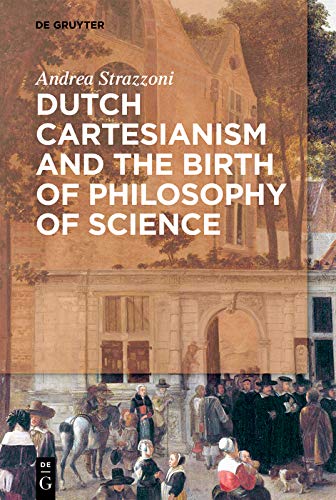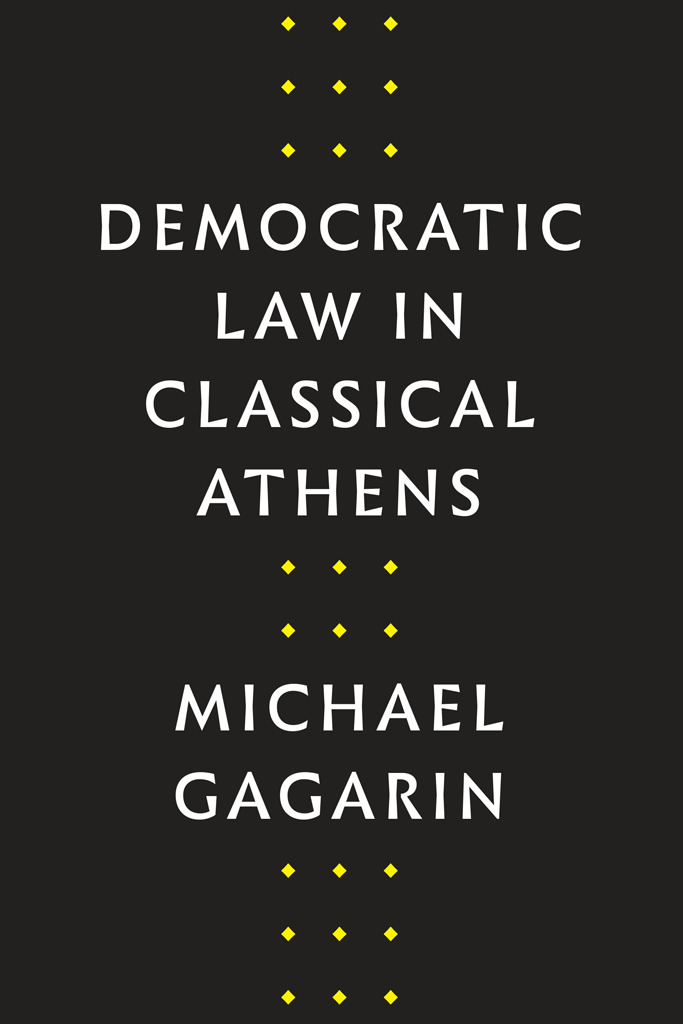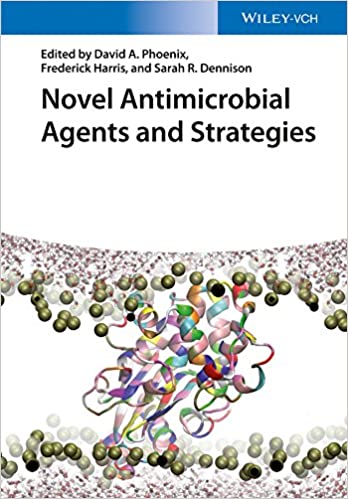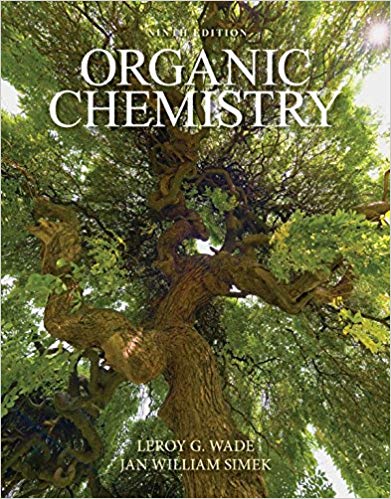Category: E-Books
How did the relations between science and philosophy evolve during the 17th and 18th centuries? Dutch Cartesianism and the Birth of Philosophy of Science (PDF) evaluate this subject by considering the history of Cartesianism in Dutch universities, and its legacy in the 18th century. It considers how the disciplines of
Comprehensive and extensive, Democratic Law in Classical Athens (PDF) provides a new perspective for seeing a legal system that was democratic in a way only the Athenians could achieve. The democratic legal system made by the Athenians was completely controlled by ordinary citizens, with no lawyers, judges, or jurists involved.
Astrobiology is a multidisciplinary pursuit that in various guises encompasses astronomy, chemistry, planetary and Earth sciences, and biology. It relies on mathematical, statistical, and computer modeling for theory, and space science, engineering, and computing to implement observational and experimental work. Consequently, when studying astrobiology, a broad scientific canvas is needed.
By integrating knowledge from pharmacology, molecular medicine, microbiology, and engineering, researchers from Europe, Asia, and the U.S. cover a broad spectrum of existing and potential antimicrobial medications and treatments. Novel Antimicrobial Agents and Strategies, (PDF) is an inclusive survey ranging from small-molecule antibiotics to antimicrobial peptides and their engineered mimetics,
Wade & Simek’s Organic Chemistry 9th edition (PDF) presents key principles of organic chemistry in the context of fundamental problem solving and reasoning. Authored to complement how chemistry students use an etextbook today, new Partially Solved Problems, Problem Solving Strategies, Visual Reaction Starbursts and Reaction Guides encourage college students to





